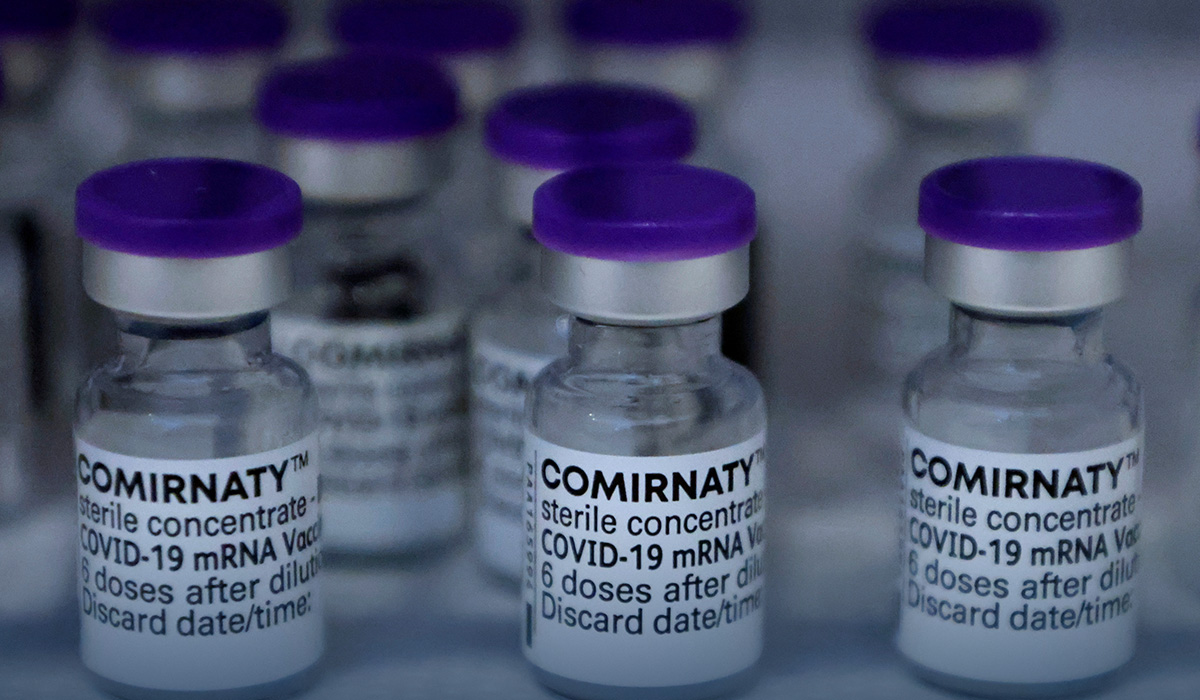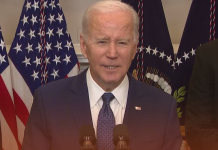On Thursday, the European Union’s executive arm finalized a third vaccine contract with Pfizer and BioNTech through 2023 for an additional 1.8 Bn shots of their coronavirus vaccine to share between the bloc’s nations except for Hungary, which left the agreement.
The European Commission (EC) said the contract, which was agreed on behalf of all 27 EU member nations earlier in May, would allow the buying of 0.9 Bn doses and of a serum adapted to the variants of the virus, with an option to purchase an extra 0.9 Bn shots.
While EU countries agreed to go on with their plan of buying COVID-19 doses collectively, Hungary determined not to be part of the new purchase agreement that followed previous deals with the two drug companies for 0.6 Bn shots.
Stella Kyriakides, EU Health Commissioner, said following a meeting with Health Ministers from the region that the contract won’t cover it. Moreover, all other member nations would have the opportunity to purchase coronavirus vaccines under the new agreement.
Hungary is using COVID-19 vaccines from Russia and China in addition to Western jabs. Nearly 40 percent of Hungary’s population has received at least one dose, the second-highest immunization rate in the bloc.
The signature of the new contract comes less than a week before a court hearing in Brussels, Belgium pitting the EC against AstraZeneca, which the EU accuses of failing to send the pledged number of shots of its COVID-19 vaccine.
The EC said that the deal with Pfizer-BioNTech specifies that the doses’ production must be based in the European Union and that vital components are sourced from the region. The European Commission said that from the start of the supply the following year, the delivery to the bloc is guaranteed.
AstraZeneca’s agreement with the EU foresaw an initial 0.3 Bn doses for distribution among member nations, with an option for a further 0.1 Bn. The shots were likely to be delivered throughout 2021, but only 30M were sent during the first quarter. According to the EC, the pharmaceutical company is set to provide only 70M shots in the second quarter, rather than the 0.18 Bn it had vowed.
The EC said that under the new agreement, EU nations would have the possibility to donate some of their allocated shots to non-EU nations or through the United Nations-backed effort known as COVAX, which provides vaccines to low and middle-income countries (LMICs).
‘Spike Protein’
Kyriakides stated that the European Union now prioritizes vaccine technologies that have confirmed their worth, like Messenger RNA vaccines, also called mRNA vaccines.
The active ingredient in the Pfizer-BioNTech jab is mRNA, which contains the instructions for human cells to construct a harmless piece of what is called as the ‘spike protein.’ The human immune system identifies the spike protein as foreign, allowing it to build a response and make antibodies against the coronavirus upon infection.
Ursula von der Leyen, the President of the European Union Commission, told an event organized by Germany’s WDR public TV that almost 0.26 Bn vaccine doses would have been delivered in Europe by the end of this week.

Source: Web
Moreover, she acknowledged that nations such as the U.K. and the U.S. were faster to start with, but stated that had been put into perspective over time. After its much censured slow start, she told the bloc’s COVID-19 inoculation drive is an achievement.
She further said in comments broadcast on Thursday that there was a lot of criticism of the EU at the start. What scores in the end is that the EU reliably delivers vaccines to its 0.45 Bn citizens gradually and that they could say they got there together as a community. Measured by that, their European inoculation campaign is a victory.
Read Also: European people afraid of Oxford-AstraZeneca vaccine





